Space
Sign up for our newsletter
We summarize the week's scientific breakthroughs every Thursday.
-
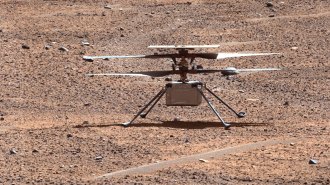 Planetary Science
Planetary ScienceNASA’s Ingenuity helicopter officially ends its mission on Mars
NASA’s Ingenuity helicopter suffered damage during a recent flight and has ended its mission on Mars after nearly three years on the Red Planet.
By Adam Mann -
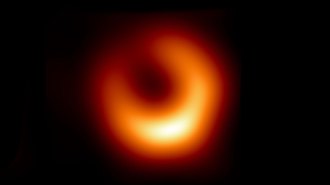 Space
SpaceAstronomers have snapped a new photo of the black hole in galaxy M87
The Event Horizon Telescope image shows material around the black hole has moved, but other aspects remain the same, proving Einstein is right again.
By Adam Mann -
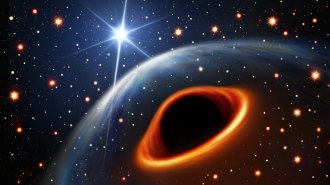 Astronomy
AstronomyAstronomers are puzzled over an enigmatic companion to a pulsar
The strange entity has a mass between that of a neutron star and a black hole. It’s either one or the other or something else entirely.
By Adam Mann -
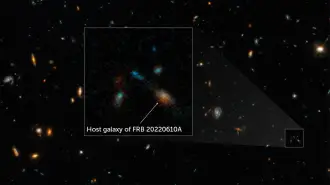 Space
SpaceThe strongest known fast radio burst has been traced to a 7-galaxy pileup
The galactic smashup, located 11 billion light-years from Earth, could have triggered star formation and also odd flares like the fast radio burst.
By Adam Mann -
 Space
SpaceWhy the 2024 total solar eclipse will be such a big deal
The sun will be very active during the next solar eclipse to cross North America, making it an excellent viewing and scientific opportunity.
-
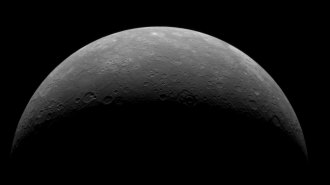 Planetary Science
Planetary ScienceSalt may have carved out Mercury’s terrains, including glacierlike features
Mercury may contain a planetwide cache of salt that has sculpted chaotic terrain and possibly even habitable niches.
By Shi En Kim -
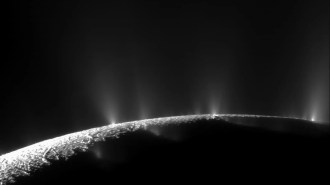 Planetary Science
Planetary ScienceA toxic gas that could help spawn life has been found on Enceladus
Cassini data indicate that hydrogen cyanide, a key building block for life, exists on Saturn’s icy moon. A snakelike NASA robot might test for sure.
By Nikk Ogasa -
 Life
LifeThese scientific discoveries set new records in 2023
This year’s record-breaking findings shed new light on human history and the most amazing feats in the animal kingdom.
-
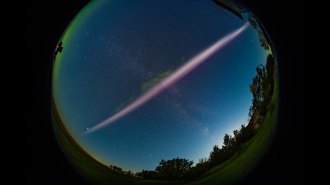 Earth
EarthSTEVE and other aurora-like glows perplex scientists with their complex physics
New views of STEVE from citizen scientists keep raising questions about the atmospheric light show — but computer models may offer some answers.
-
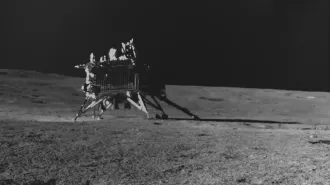 Space
SpaceIn 2023, space missions explored the moon, asteroids and more
This year, spacecraft landed on the moon, dropped off asteroid samples to Earth and started a journey to Jupiter's icy moons.
By Erin Wayman -
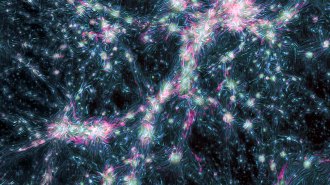 Math
MathHere are some astounding scientific firsts of 2023
Notable feats include discovering a planet-eating star, extracting RNA from an extinct animal and more.
-
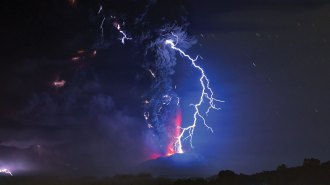 Earth
EarthHere are some big-if-true scientific claims that made headlines in 2023
Hominid cannibalism, “dark stars,” the secrets of Earth’s core and more tantalizing findings will require more evidence before scientists can confirm them as fact.